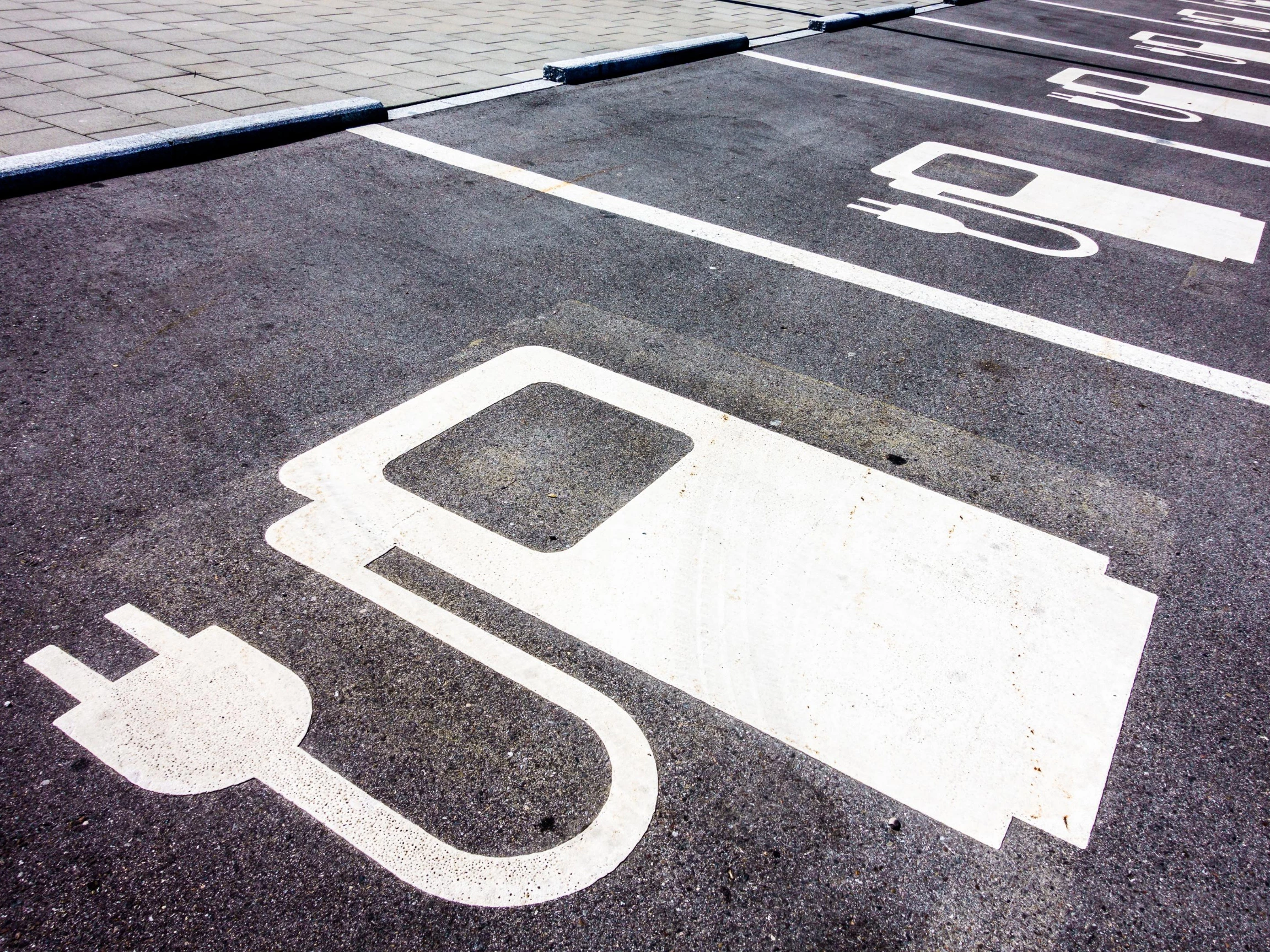
Partner Article
World EV Day - reality check for domestic charging networks
One of Britain’s leading operators of local energy networks is warning that the electric vehicle (EV) revolution could be in danger of stalling unless technological innovation can prevent system overload.
On World EV Day (September 9), Energy Assets Networks has highlighted how, without intervention, the projected rapid rise in demand for electricity to power domestic EV charging units could lead to outages.
Commented Jayson Whitaker, Managing Director of Energy Assets Networks, which operates local networks around the country: “While everyone welcomes the move to low carbon technologies, there is also a growing realisation that local power networks may not be able to cope with the huge increase in demand for electricity as we transition to EV charging, particularly when you add in the impact of air source heat pumps.
“Currently, housing developments are designed to cope with an average peak load of 1.5-2kW per household. However, as EV charging and heat pumps become more commonplace, this could routinely exceed 10-15kW – and without smart intervention, or very expensive network reinforcement, this could lead to power outages.”
One such solution is being trialled through Project DINO (Domestic Infrastructure and Network Optimisation) - a partnership between Evergreen Smart Power, Energy Assets Networks and Myenergi. This project, which has received financial backing from Innovate UK, will demonstrate in a newbuild residential setting how Artificial Intelligence (AI) can safeguard network integrity through two-way communication with household appliances, including EV chargers. It is the first project of its type in the UK.
Said Jayson: “Project DINO aims to demonstrate how a network-to-device AI interface can manage loads dynamically by enabling appliances to automatically dial down consumption at peak times to relieve network stress and safeguard power to homes. Without such a solution, the country would need to invest in a hugely costly network reinforcement programme to increase capacity.”
Networks are predicted to come under pressure as electrification increases in every area of life as the country decarbonises on the road to net zero – from the adoption of electric vehicles, with the phase-out of petrol and diesel cars in 2035, to the transition from gas to electric heating.
The pilot research project will run until 2022, with the partners monitoring real time power flow and consumption on a newbuild housing scheme at both feeder and substation levels, with the data augmented with models of electric vehicle charging and heat pump usage.
This will lead to the development of new algorithms and proof of concept equipment that will automatically and precisely respond to system stress down to individual feeder cables.
This was posted in Bdaily's Members' News section by Colin Bridgman .
Enjoy the read? Get Bdaily delivered.
Sign up to receive our popular morning National email for free.








 The real cost of tendering for construction SMEs
The real cost of tendering for construction SMEs
 A welcome step forward – but let’s keep pushing
A welcome step forward – but let’s keep pushing
 Industrial strategy 'can drive business forward'
Industrial strategy 'can drive business forward'
 Industrial strategy 'can be game-changer we need'
Industrial strategy 'can be game-changer we need'
 Driving skills forward with near £100,000 boost
Driving skills forward with near £100,000 boost
 What pension rule changes could mean for you
What pension rule changes could mean for you
 North East can't be an afterthought in AI future
North East can't be an afterthought in AI future
 Understanding the impact of the Procurement Act
Understanding the impact of the Procurement Act
 Is the UK losing ground in life sciences investment?
Is the UK losing ground in life sciences investment?
 Construction workforce growth can't be a quick fix
Construction workforce growth can't be a quick fix
 Why it is time to give care work a makeover
Why it is time to give care work a makeover
 B Corp is a commitment, not a one-time win
B Corp is a commitment, not a one-time win